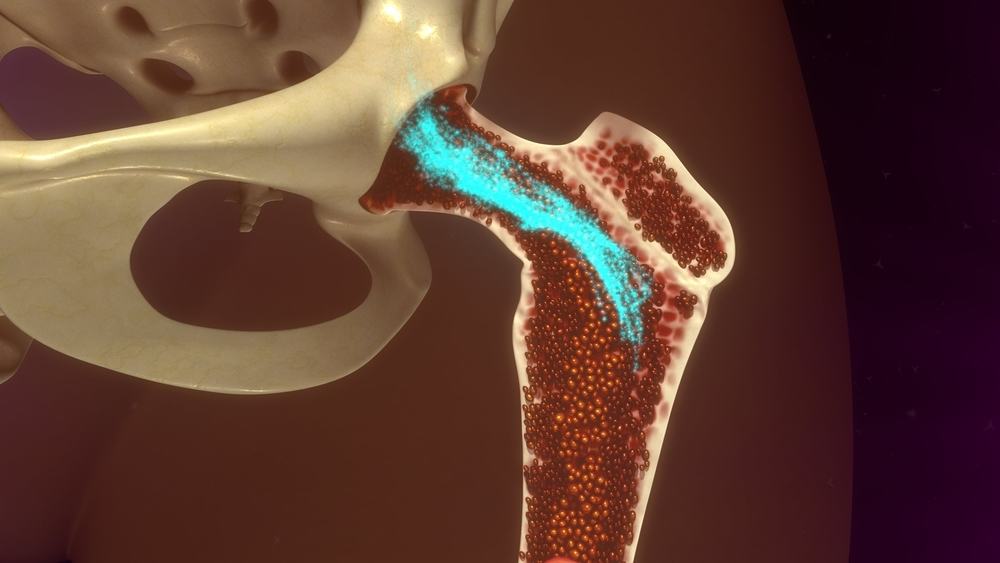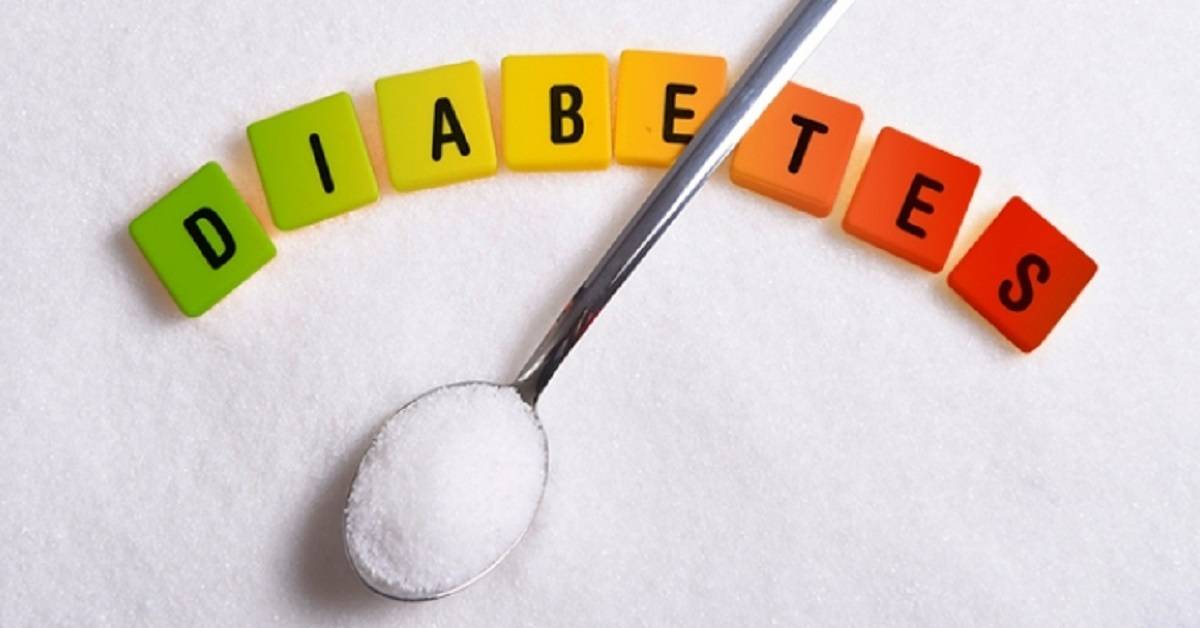Contents:
- Medical Video: Hypocalcemia (Low Calcium) Pathology, Causes, Symptoms and Treatment, Animation
- Function of calcium in the blood
- Various causes of hypocalcemia, low levels of calcium in the blood
- Due to low blood calcium
Medical Video: Hypocalcemia (Low Calcium) Pathology, Causes, Symptoms and Treatment, Animation
So far, we know the benefits of calcium for bones. However, more than that it turns out that calcium is also useful to help the nervous system work, help work muscles, help blood clots, and help the heart work. To support this, normally the blood calcium levels must always be controlled. Then, what are the consequences if the blood calcium is too low?
Function of calcium in the blood
Calcium in the body is influenced by various factors, such as:
- Calcium obtained from food
- Calcium and vitamin D are absorbed by the intestine
- Phosphate levels in the body
- Certain hormones, such as parathyroid hormone, calcitonin, and estrogen
Vitamin D and some hormones help control calcium levels in the body. Also, control the amount of calcium absorbed from food and the amount of calcium released by the body through urine. Meanwhile, phosphate affects calcium in the body because it works opposite. If phosphate levels are high in blood, then the blood calcium level becomes low, and vice versa.
When calcium in the blood is low, this is called hypocalcemia. As a result, the bones have to release their calcium to try to balance calcium levels in the blood. Whereas if high blood calcium (hypercalcemia), excess calcium will be stored in bone or removed from the body through urine or feces.
Various causes of hypocalcemia, low levels of calcium in the blood
Hypocalcemia can be caused by a lack of calcium that moves from bone to blood or because too much calcium is lost from the body through urine. Some reasons that can cause hypocalcaemia are:
- Hypoparathyroidism. Is a condition where the parathyroid hormone levels in the body are low. This can occur when the parathyroid gland is damaged during the operation of the thyroid gland. Hypoparathyroidism causes you to not be able to control calcium levels in the blood because parathyroid hormones are not produced by the body. Another condition that is also associated with parathyroid hormone which causes low blood calcium levels is pseudohipoparathyroid and DiGeorge syndrome.
- Hypomagnesemia, where magnesium levels in the blood are low. This causes reduced parathyroid hormone activity. As a result, disrupting calcium levels in the blood.
- Malnutrition. It is a condition where the body cannot absorb vitamins and minerals from the food you eat. This can be caused by diseases, such as celiac disease and pancreatitis. As a result, even though you have consumed a lot of food sources of calcium, the body cannot absorb calcium from food.
- Low vitamin D levels. This can be caused by lack of consumption of foods containing vitamin D or not getting enough vitamin D from sunlight.
- High blood phosphate levels. This can be caused by kidney failure, use of laxatives, and others. Damage to kidney function can also cause more calcium released from the body through urine and make the kidneys less able to activate vitamin D.
- Bone problem, such as osteomalacia and rickets, where bones become weak and soft because calcium and vitamin D intake is not enough. This makes the body unable to take calcium from the bones to increase blood calcium levels.
- Certain drugs, such as thyroid, rifampicin, anticonvulsants, bisphosphonates, calcitonin, and corticosteroids.
Due to low blood calcium
The normal level of blood calcium is 8.8-10.4 mg / dL, so you can be said to have low blood calcium levels if the blood calcium level is less than 8.8 mg / dL.
Low blood calcium levels in a long time can cause muscle cramps in the back and legs, muscle spasms, and tingling in the hands, feet and face. An abnormal heartbeat and difficulty breathing can also occur when you experience hypocalcemia.
In addition, hypocalcemia can also cause dry and flaky skin, brittle nails, and rough hair. Low blood calcium levels can also affect the brain and cause confusion, memory loss, depression, and hallucinations. These symptoms will disappear if the blood calcium level is back to normal.












